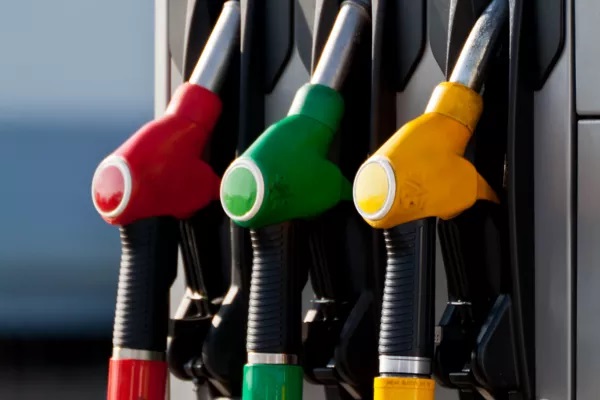Toward a sustainable mining future: Mozambique hosts high-level round table
Mozambique: Over US$199.5 million for fuel imports in Q1

FILE - For illustration purposes only. [File photo: O País]
Mozambique spent US$199.5 million on fuel imports in the first three months of this year, just over 15% of the total for the entire year of 2024, itself already a record low.
According to a statistical report from the Bank of Mozambique, of this total, the country imported US$122.3 million in diesel alone in the three months, and the equivalent of US$65.8 million in gasoline imports.
Fuel accounted for almost half of the US$556.9 million Mozambique spent on imports of intermediate goods from January to March, also including electricity, aluminium, construction materials, oil and lubricants, fertilizers, cement and tar.
Mozambique faced a fuel supply crisis in the first months of 2025, coupled with a lack of foreign exchange in the market, leading the Bank of Mozambique to announce measures to boost the availability of foreign currency to cover import needs.
READ: Mozambique: Companies demand solution for fuel imports
The cost of fuel imports into Mozambique fell 15% in 2024, to the equivalent of US$1.198 billion, the lowest level since the COVID-19 pandemic, according to data from the central bank.
According to a statistical report from the Bank of Mozambique, the cost of fuel imports for the whole of 2024 amounted to almost US$1.198 billion, while for the entire year of 2023 it reached US$1.417 billion.
This performance reflected the 4.87% decline in the Mozambican economy in the fourth quarter of 2024, year-on-year, a period marked by post-election protests in the country, according to government data previously reported by Lusa.
“Gross Domestic Product at market prices (GDPpm) showed a negative variation of 4.87% in the fourth quarter of 2024, compared to the same period in 2023, totalling 1.85% for the year,” reads the budget execution report for 2024 from the Ministry of Finance.
READ: Mozambique:’s fuel import bill fell 15% in 2024
In addition to the impacts of climate change, with severe droughts and cyclones ravaging the country, the document also acknowledges “the negative impact of the post-election protests recorded in the last quarter of 2024”, which “affected economic and social activities”.
In 2020 and 2021, these fuel imports had cost Mozambique, respectively, US$541.8 million and US$946.9 million, during a period affected by the COVID-19 pandemic, followed by the highest bill in recent years in 2022, of US$1.966 billion.
The Bank of Mozambique announced in June 2023 that it would no longer subsidize the country’s fuel import invoices, considering that the costs could already be covered by commercial banks.
The subsidy dated back to 2005 and reached 100% after 2010 because there were “large amounts, ranging from $10 to $20 million in a single invoice”, making them unaffordable for a single bank or group of banks to handle, central bank administrator Silvina de Abreu explained at the time.
In recent years, invoices had “become quite fragmented,” sometimes amounting to “a million dollars or less”, which allows smaller banks to enter “the fuel financing market”.












Leave a Reply
Be the First to Comment!
You must be logged in to post a comment.
You must be logged in to post a comment.